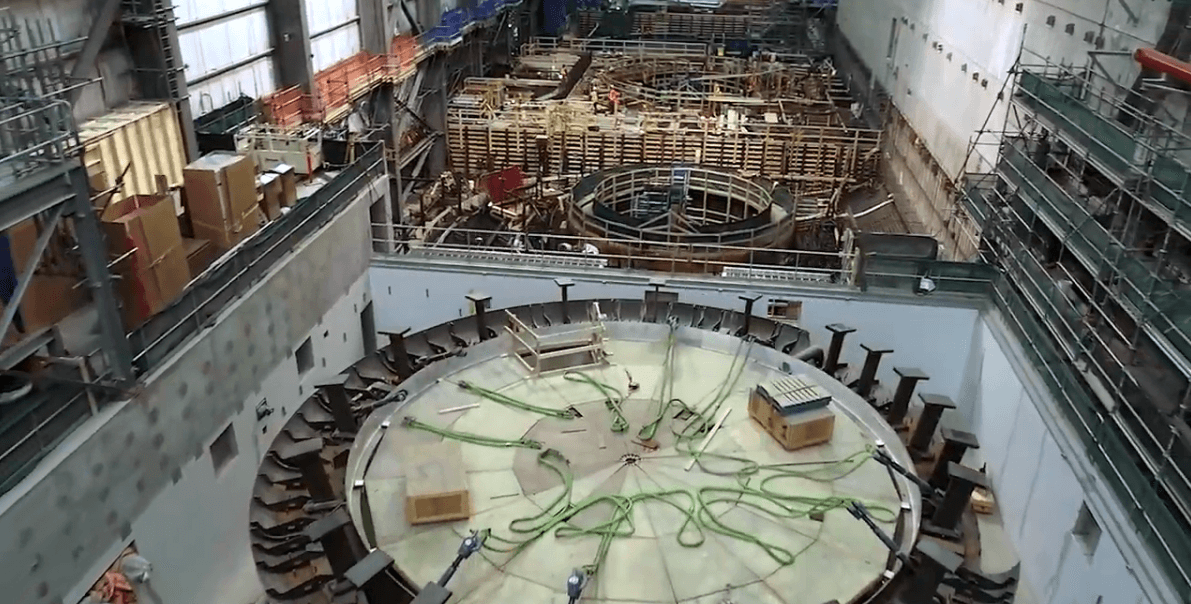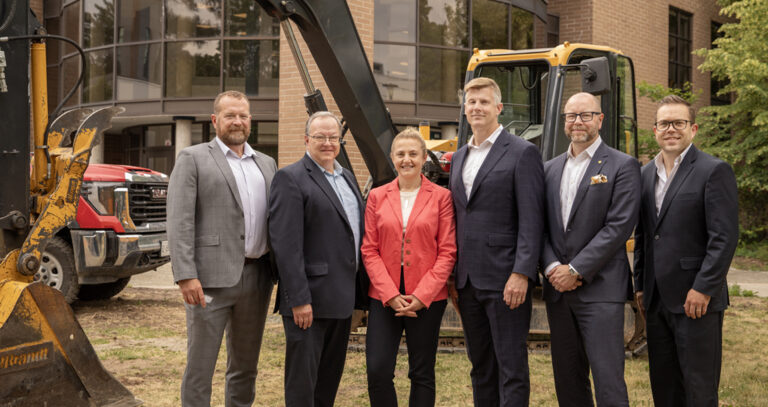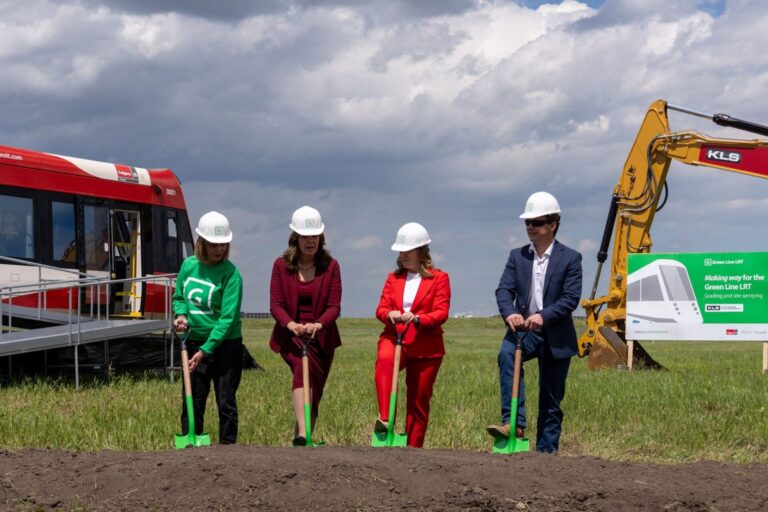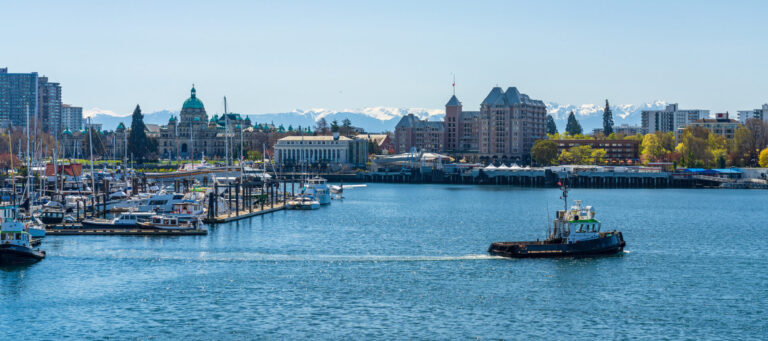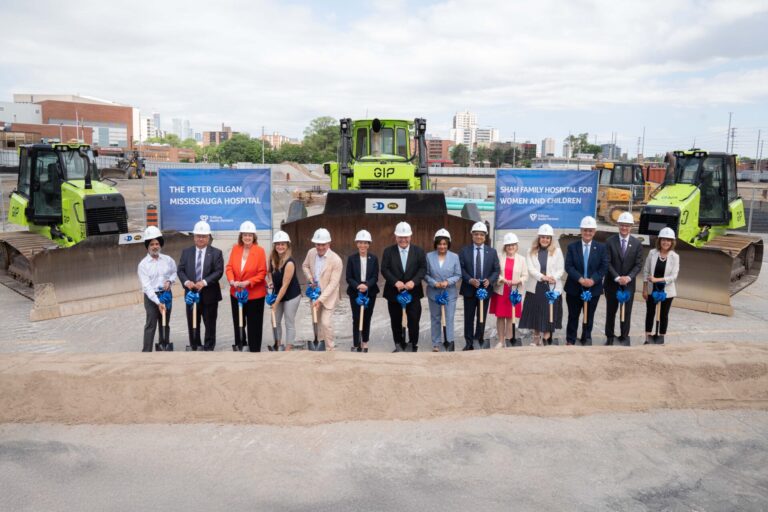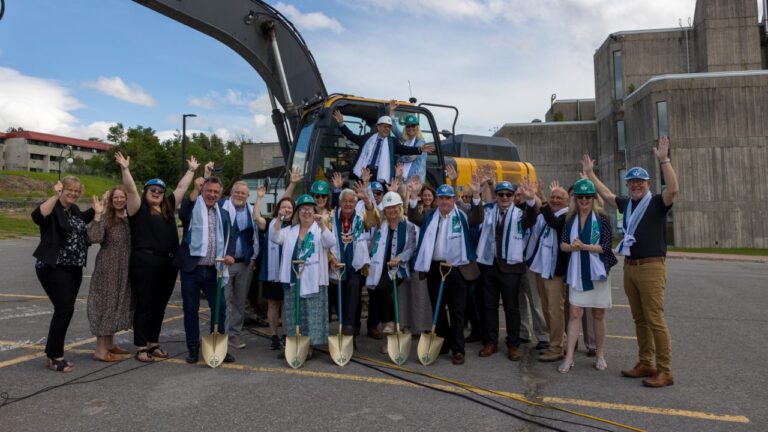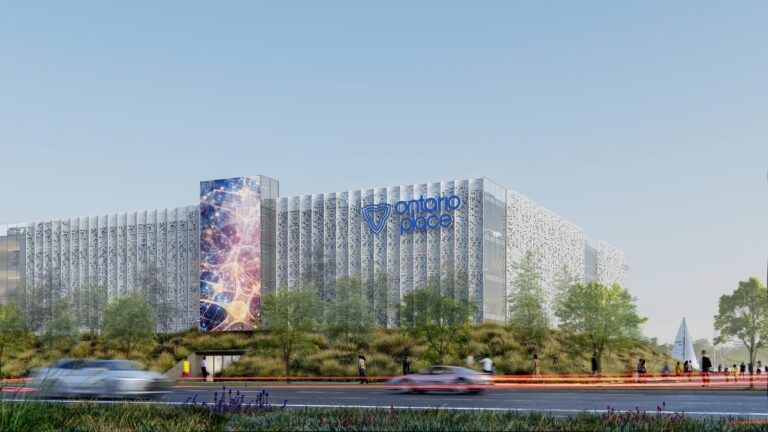Manitoba Hydro is scaling back work and suspending travel in and out of the Keeyask Project’s construction site to help protect the safety and health of workers as well as residents of nearby communities from the introduction and spread of the COVID-19 virus.
The temporary reduction of personnel at the site and implementation of the suspension was set to be completed by end of day on Saturday, March 21.
The decision follows guidance and direction from senior Manitoba Health officials and is expected to last between four and eight weeks. Manitoba Hydro will continue to evaluate the suspension based on the latest information and guidance received from provincial health authorities.
Approximately 600 supervisory, construction, and support staff have volunteered to remain at site, and will focus on achieving the in-service date for the hydroelectric station’s first two generating units.
“These are extraordinary times and we are making this decision in the interest of public health and the best interests of our customers, employees, contractors, and neighbouring communities,” said Jay Grewal, President and Chief Executive Officer of Manitoba Hydro. “These measures are temporary in nature and will be re-assessed based on guidance we receive from Manitoba Health officials in a few weeks.”
For employees and contractors who remain at Keeyask, Manitoba Hydro is continuing to follow the preventative and proactive measures outlined in the Keeyask Pandemic Plan, which is informed by Manitoba Health; Health Canada; and the World Health Organization (WHO).
These measures include:
- The requirement that anyone on-site with symptoms of an illness get checked out by the Nurse Practitioner. The Nurse Practitioner will assess the individual following Manitoba Health issued guidelines and if they are recommended for further assessment off-site, the individual will be immediately isolated in special rooms set aside for that purpose, and transferred off-site as soon as it can be arranged following Manitoba Health protocols.
- Increased cleaning protocols; reminders around camp, offices, and the work trailers detailing proper recommended personal hygiene practices; implementing social distancing by suspending gym classes and intramural activities, closing the on-site theatre, and providing only take-out meals from the dining hall.

